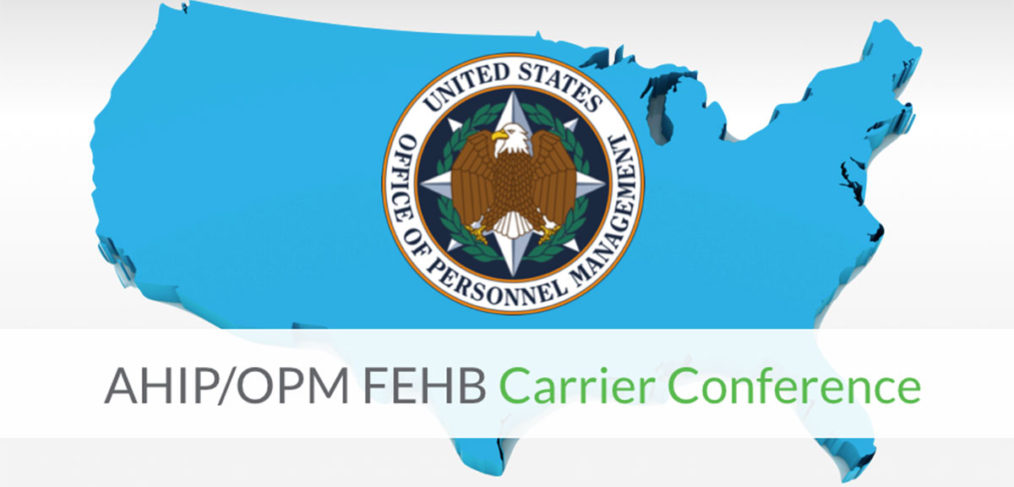
The Role of the Government in Improving Health Outcomes
CMO Neal Kaufman attended the annual Federal Office of Personnel Management (OPM) Federal Employee Benefit Program (FEHB) carrier conference on March 23 and 24 in Arlington, VA. Representatives from all major national health plans, and many smaller plans only serving federal employees, were in attendance.
The conference emphasized the importance the federal government’s role in improving outcomes for people with, or at risk for type 2 diabetes. A panel of experts continued the conversation Neal and his colleagues began at a prior FEHB carrier meeting with discussions about:
- The National Diabetes Prevention Program (NDPP) and its expansion into Fee-For-Service Medicare starting January 2018
- Innovative ways to increase patients’ self-management abilities (e.g., such as evidence-based chronic disease self-management programs like our Better Choices, Better Health® program; programs integrated within primary care practices using community workers as coaches and system navigators; support services as part of reimbursable chronic condition management strategies)
- Ways to engage healthcare providers in prevention and early intervention (e.g., physician referral for supportive services – during patient encounters or as part of a physician approved outreach program to targeted patients; integrated data sharing between physician and support services provided within clinical or community settings; collecting and sharing patient outcome data for each clinician and colleagues in the group)
The Effect of Technology-Mediated Diabetes Prevention Interventions on Weight: A Meta-Analysis
R.R. Bian, et al (J Med Internet Res 2017;19(3):e76)
OPM is a leader and important resource setting national priorities for improving health outcomes. Their increasing emphasis over the past years on improving outcomes for patients with one or more chronic conditions before they become very sick, bodes well for our efforts to prevent the progression of chronic diseases and bend the cost curve.
The recently published paper “The Effect of Technology-Mediated Diabetes Prevention Interventions on Weight: A Meta-Analysis” (with CMO Neal Kaufman as one of the authors) reviewed randomized controlled trials of the Diabetes Prevention program delivered digitally (like our Virtual Lifestyle Management service (VLM))
15 studies met the inclusion criteria and evaluated 18 technology-mediated intervention arms delivered to a total of 2774 participants. Study duration ranged from 12 weeks to 2 years. A random-effects meta-analysis showed a pooled weight loss effect of 3.76 kilograms (95% CI 2.8-4.7; P<.001) for the interventions. Several studies also reported improved glycemic control following the intervention.
The authors concluded that technology-mediated diabetes prevention programs can result in clinically significant amounts of weight loss, as well as improvements in glycaemia in patients with prediabetes. Due to their potential for large-scale implementation, these interventions will play an important role in the dissemination of diabetes prevention programs.
We couldn’t agree more with the conclusions from this and other studies demonstrating improved outcomes and cost savings.


